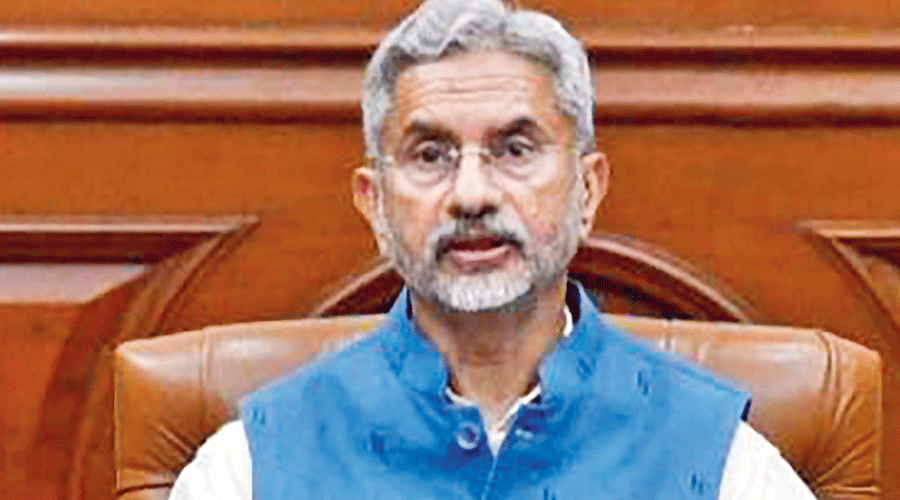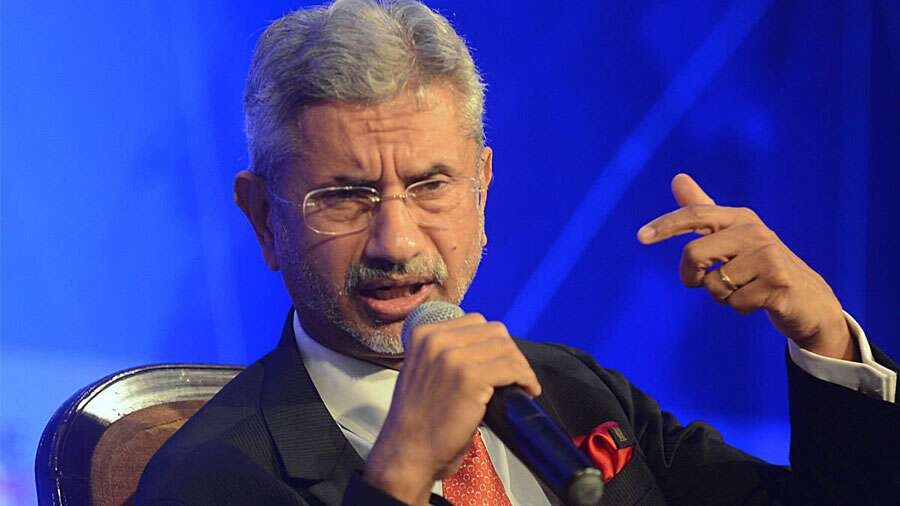Beijing on Friday concurred with External Affairs Minister S Jaishankar's observation that an Asian Century cannot happen if India and China don't join hands and said dialogue between the two countries to resolve the eastern Ladakh border standoff is effective.
Responding to a series of questions after delivering a lecture on 'India's Vision of the Indo-Pacific' at the prestigious Chulalongkorn University in Bangkok on Thursday, Jaishankar said the relationship between India and China was going through an "extremely difficult phase" after what Beijing had done at the border and emphasised that the Asian Century would not happen if the two neighbours could not join hands.
Chinese and Indian troops are engaged in a prolonged standoff in eastern Ladakh. The two sides have so far held 16 rounds of Corps Commander Level talks to resolve the standoff which erupted on May 5, 2020, following a violent clash in the Pangong Lake areas.
Asked for his reaction to Jaishankar's comments, Chinese Foreign Ministry spokesman Wang Wenbin told a media briefing here that a Chinese leader said once that if China and India cannot achieve sound development, then an Asian Century cannot happen.
"A true Asia Pacific Century or Asian Century can happen only when China and India and other countries can achieve sound development. China and India are two ancient civilisations, two emerging economies and two big neighbours, he noted.
Wang said China and India have far more common interests than differences and the two neighbours have the wisdom and capability to reinforce each other better than pose a threat to each other.
"It is hoped that the Indian side can work with China in the same direction to follow through on the common understanding between our two leaders on being each other's cooperative partners, not causing threats to each other and presenting each other with development opportunities, so that China-India relations can come back to the right track of sound and steady development at an early date and uphold the common interest of China, India and the developing world," he said.
To a question on whether China will hold talks with India on the disengagement at the remaining friction points in eastern Ladakh, Wang said, "I would like to stress that China and India maintain smooth communication over the border issues. The dialogue is effective".
On Jaishankar's remarks on reservations to the Quad alliance being possibly a "unilateralist opposition to a collective and cooperative endeavours, Wang reiterated China's objection to the four-nation bloc comprising India, the US, Japan and Australia.
China's position on Quad is consistent and clear. I would like to stress that in a world of peace, cooperation and openness, there will be no support if one seeks to create small cliques, because it is against the trend of the times, he said.
In an apparent reference to China's opposition to Quad, Jaishankar, without naming any country, had said that "if there are reservations in any quarter, these stem from a desire to exercise a veto on the choices of others. And possibly a unilateralist opposition to a collective and cooperative endeavours".
The Quad or Quadrilateral Security Dialogue was set up in 2017 to counter China's aggressive behaviour in the Indo-Pacific region.











